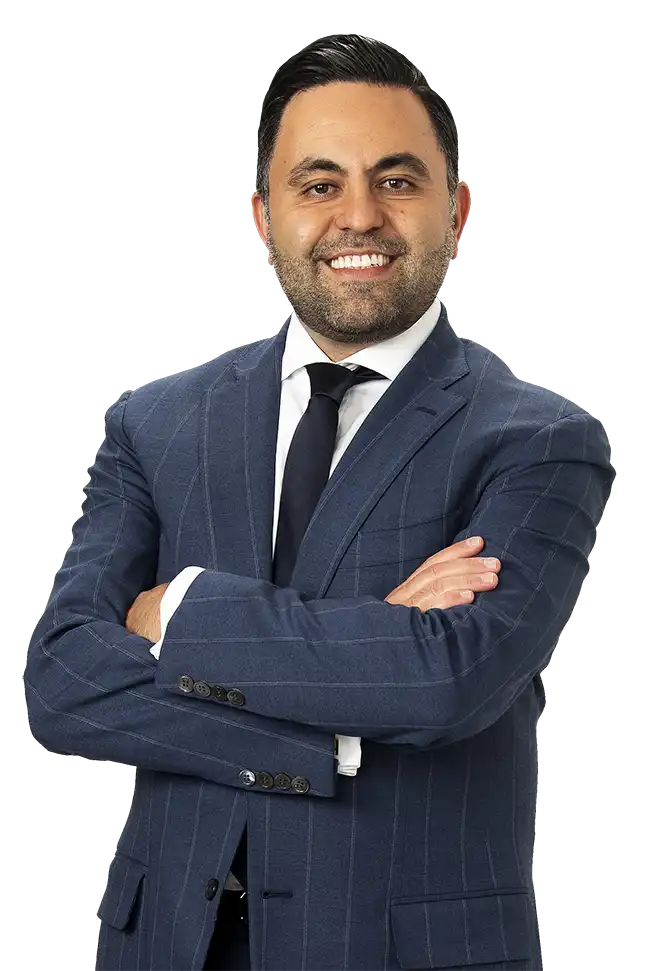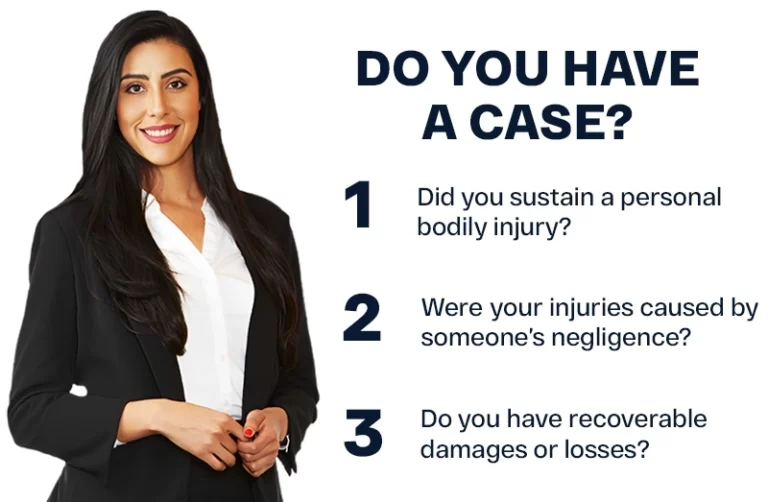Table of Contents
How Can California’s Prop 213 Impact Injury Compensation?
Proposition 213, officially called The Personal Responsibility Act of 1996, was brought to the voters in California and was an initiative measure that limited the ability of uninsured motorists, drunk drivers, and felons injured during their crimes to pursue certain types of damages.
The law also had an impact on insurance costs. For example, according to a 1999 report by the Connecticut General Assembly, Mercury Insurance Co. attributed a $71 million reduction in insurance rates to Proposition 213. The company specifically reduced rates by 20% for uninsured motorist coverage and 15% for bodily injury coverage. This indicates that Proposition 213 helped lower insurance costs for policyholders by reducing the potential for claims from high-risk drivers.
Organizations that supported Proposition 213 included:
- MADD (Mothers Against Drunk Driving).
- Doris Tate Crime Victims Bureau.
- Peace Officers Research Association of California.
- California Police Chiefs Association.
- Association for California Tort Reform.
- California Highway Patrol’s California Association of Highway Patrolmen (CAHP).
- California Peace Officers’ Association.
- Other law enforcement and victims’ rights organizations.
Those who opposed Proposition 213 were the Proposition 103 Enforcement Project, which advocated for the use of sequential analysis in setting rates.
This Project Was Led By The California Trial Lawyers Association, Consumer Action, United Policyholders, And Consumer Watchdog Harvey Rosenfield.
Proposition 213, also known as Prop 213, is a state law in California approved on November 5, 1996. This law mainly restricts the recovery of non-economic damages resulting from a car accident from drivers who are not insured, regardless of whether they were not at fault for the crash.
Although Prop 213 has been subject to legal challenges since its passage, courts have generally upheld its main provisions, and the law remains in effect in California. Law enforcement and courts in the state continue to apply Prop 213’s restrictions on non-economic damages for qualifying cases.
The law primarily applies to individuals who are not insured; however, other provisions may also affect different types of accident claims. One such provision is as follows:
California Civil Code 3333.3.
In any action for damages based on negligence, a person may not recover non-economic damages if the plaintiff’s injuries were in any way proximately caused by the plaintiff’s commission of any felony or immediate flight therefrom, and the plaintiff has been duly convicted of that felony.
The reason for this law is quite simple. A person who endangers others through negligence may be unable to pursue damages for pain and suffering. While this may sound like a punishment, the real question is whether or not this law encourages anyone to maintain valid insurance coverage. Many drivers are unaware that their lack of insurance coverage could prevent them from pursuing certain damages, even in accidents where they are not at fault.
Although some individuals express frustration upon learning about this restriction, the law prevents drivers without proper liability coverage from claiming non-economic damages after an accident. This rule applies to all vehicles, including vans, buses, and trucks.
However, being uninsured does not automatically eliminate your right to seek compensation. Depending on the circumstances of your case, you may still be eligible to pursue economic damages, such as lost wages, medical bills, property damages, and other losses that you suffered due to someone’s negligence.
The Purpose Of Proposition 213 According To The Initiative
The first reason mentioned for Prop 213 is that the costs for car insurance have skyrocketed in California for those who are taking responsibility for their actions. Drunk drivers, motorists that are not insured, and criminal felons are breaking the law, and there is no reason that they should be getting rewarded for being irresponsible and breaking the law.
The measure aimed to limit certain types of claims from individuals who were uninsured, driving under the influence, or convicted of felonies, while maintaining protections for those who follow the law.
However, under the current regulations, drunk drivers and motorists who are uninsured and get involved in accidents can pursue damages that are unreasonable from citizens who are abiding by the law. As a result, some criminals have recovered damages from citizens who followed the law.
The second reason is that the system, which rewards individuals who refuse to take responsibility personally, prevents them from seeking unreasonable damages or suing a citizen who abides by the law.
This is why the State of California’s people enacted this measure to try to restore the balance for the justice system to limit the right to sue drunk drivers, motorists who are not insured, and criminals.
Under the previous law, anyone who suffered an injury as a result of a car accident could sue the person, government, or business responsible, allowing them to pursue recovery of any resulting losses. These can include economic losses, such as medical expenses, property damage, or lost wages, as well as non-economic losses, for example, pain and suffering.
Proposition 213 does not allow for the recovery of non-economic losses for certain types of accidents. A person injured while committing a felony may still be able to seek economic damages, such as medical bills and lost wages, even if Prop 213 applies. A convicted felon may be able to file a claim or lawsuit if the accident was caused by someone else’s negligence.
What Compensation Is Affected By Prop 213?
The compensation that is restricted is non-economic damages in car accident cases under Prop 213. This includes losses from disfigurement, emotional or mental distress, pain and suffering, inconvenience, and physical impairment. Accident victims affected by Prop 213 can still pursue economic damages. This includes rehabilitation expenses, future medical bills, lost wages due to missed work, and costs for repairing property or a vehicle.
Who Is Affected By Prop 213?
Uninsured drivers are mainly affected by Prop 213. If, at the time of an accident, neither you nor the vehicle you are driving is insured, Prop 213 may apply.
Drivers who are under the influence of alcohol or drugs, commonly referred to as DUI offenders, are another group affected by Prop 213. In a case where a driver did not cause the accident at the time but had been driving under the influence, the law may prevent them from pursuing any damages for pain and suffering, as well as other non-economic losses. It is important to understand that this restriction applies only to the driver who was under the influence, not to the victims of the DUI car accident.
Are There Exceptions To Prop 213?
There are specific exceptions for Prop 213 that may allow you to pursue damages, regardless of your insurance status or the vehicle’s insurance status at the time of the accident.
The first exception is if the vehicle you were driving was an employer’s vehicle and it was not insured. In this case, you may be able to seek non-economic damages for the accident injury. This can also apply if you were not insured at the time the accident occurred.
The second is if the accident occurred on private property, you might be able to pursue compensation for your losses. This is because state law requires drivers to have auto liability insurance to drive on public roadways, but it is not a requirement on private property.
The third exception may apply if you were driving an uninsured vehicle that you do not own, but you have your own auto insurance policy on another car. In this situation, you may be exempt from Prop 213. This way, you can still seek compensation for your losses, even though the car you were driving was not insured.
If I Were Not Insured, Should I Pursue A Personal Injury Case?
Even if you were not insured and Proposition 213 applies, you may still be able to pursue compensation for economic damages resulting from another person’s negligence. This includes lost wages, medical bills, damages to any property, or other accident-related losses.
If you need legal guidance for your personal injury claim, consider contacting our car accident lawyers at Arash Law. We offer a free initial consultation with one of our injury attorneys to discuss your situation and assess if you may have a valid case.
Our California car accident lawyers have represented clients across California, including those from Los Angeles, Riverside, San Diego, Sherman Oaks, San Jose, and Sacramento. We have years of combined experience handling complex cases, including those involving DUI and traffic collisions. We advocate for the rights of our clients and help them seek compensation for their losses.








